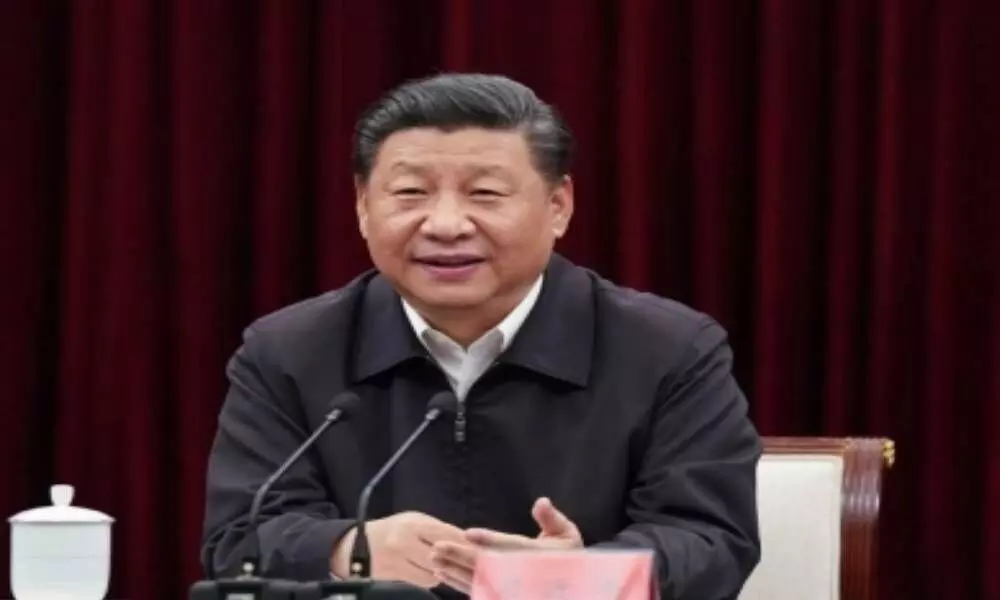Failed BRI projects & NPLs trouble China's banks
image for illustrative purpose

New Delhi, July 15 Chinas banks are under stress with rising levels of bad assets. As the Covid 19 pandemic hit world economy, which led to delay in many projects, the countrys lenders could see a further rise in their non performing assets -- loans that do not fetch any returns.
Earlier, a report by South China Morning Post, quoting government data, noted that Chinese banks had a record high of $466.9 billion in NPA.
According to the news organisation chairman of China Banking and Insurance Regulatory Commission Guo Shuqing warned of a further rise in bad loans this year.
A large chunk of financing towards President Xi Jinping's ambitious Belt and Road Initiative (BRI) has been undertaken by the state owned banks of China along with local governments.
In fact, as uncertainty over returns from the BRI arose amid the Covid 19-induced economic crisis, China's lending towards the multi-trillion infrastructure project has been reducing over the last couple of years.
That apart, the trade war with the US also impacted the regional banks as the going got tough for many small to mid sized exporters.
"Financial dealings of Chinese banks and state owned enterprises are opaque, making it very difficult to assess the actual situation. Most of the BRI lending is done by these enterprises and not directly by the government," DK Srivastava, EY India's chief political adviser told India Narrative.
"NPA for most of them has risen due to the pandemic. This has been reflected in the lending pattern as well," he said.
Another analyst pointed out that China's lending decisions have been driven more by political reasons than economic.
"This is one of the major problems for China today. As many countries default on BRI and other loans, worries for Beijing multiply," the analyst said.
A study by the Center for Strategic and International Studies in noted that "Chinese loans violate several international lending best practices involving procurement, transparency, and dispute settlement."
It also said that while Chinese contractors dominate the BRI linked infrastructure projects, "the Chinese-funded loans are less transparent than those from multilateral development banks," leaving many countries with unsustainable debt.
That apart, another cause for concern, as many economists have pointed out is that China's economy has been expenditure-driven rather than consumption.
"This means that China's banks and other state owned enterprises have been more at work. If consumption does not pick up, it is a cause for worry," one of them said.
In fact Spanish economist Daniel Lacalle in his blog, last year, said that China's is a "planned GDP" and that the growth is not demand driven but is pushed by a tactfully expanded government expenditure.
"A planned GDP. The GDP of China is dictated by production, not demand. It is not an observed GDP, but rather planned by the government together with the provinces. For this reason, many analysts scrutinize the data and deduct various factors, including the increase and valuation of inventories," Lacalle pointed out in his blog.
(The content is being carried under an arrangement with indianarrative.com)

